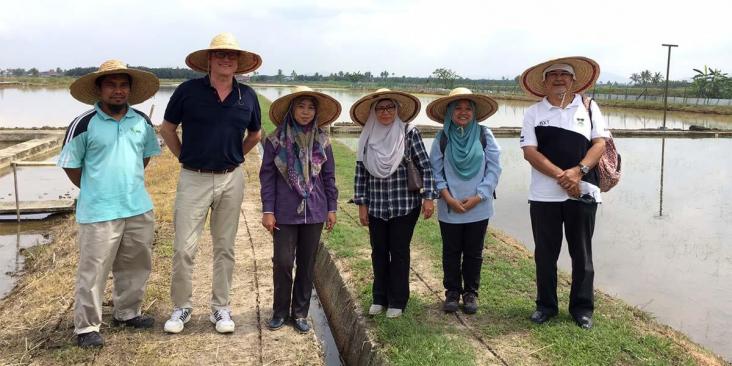
Developing-developed world partnerships potentially present win-win opportunities for addressing climate-active gas emissions at lower cost whilst propelling developing nations on a lower-carbon tr
Growing media (substrate) is a fundamental part of a green roof, providing water, nutrients and support to plants.
This literature review identifies the impacts of different renewable energy pathways on ecosystems and biodiversity, and the implications of these impacts for transitioning to a Green Economy.
Reducing large-scale deforestation in commodity frontiers remains a key challenge for climate change mitigation and the conservation of biodiversity.
Sustainability theory shows that the sustainability problem is a value orientation problem.

Agricultural Systems (Second Edition), Agroecology and Rural Innovation for Development, 2017, Pages 33-72
